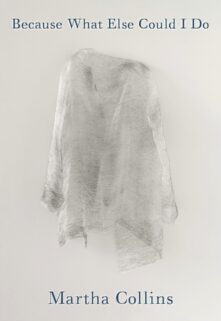Books
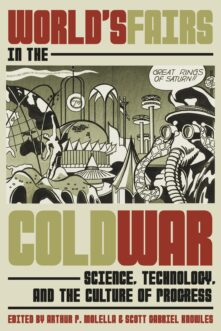
World’s Fairs in the Cold War
Science, Technology, and the Culture of Progress

The Book of Daniel
Poems
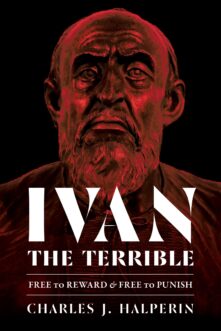
Ivan the Terrible
Free to Reward and Free to Punish
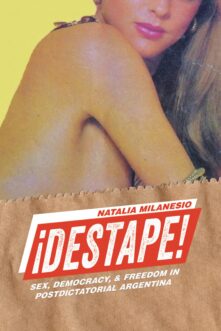
Destape
Sex, Democracy, and Freedom in Postdictatorial Argentina

Life in a Country Album
Poems
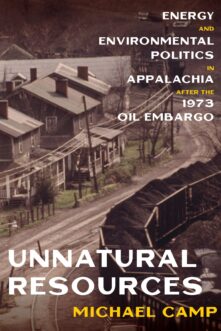
Unnatural Resources
Energy and Environmental Politics in Appalachia after the 1973 Oil Embargo
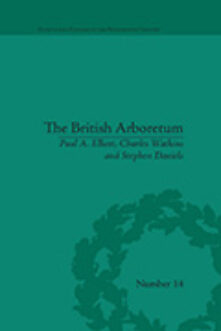
The British Arboretum
Trees, Science and Culture in the Nineteenth Century
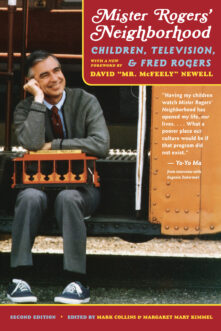
Mister Rogers’ Neighborhood
Children, Television, and Fred Rogers

Aquí and Allá
Transnational Dominican Theater and Performance
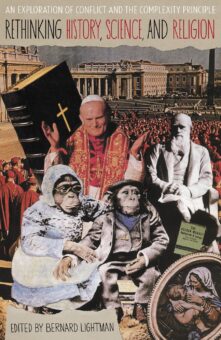
Rethinking History, Science, and Religion
An Exploration of Conflict and the Complexity Principle
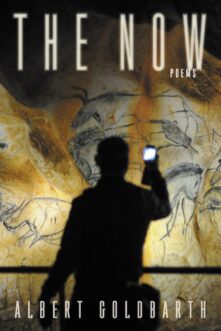
The Now
Poems

Some Glad Morning
Poems
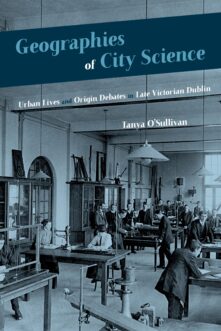
Geographies of City Science
Urban Lives and Origin Debates in Late Victorian Dublin
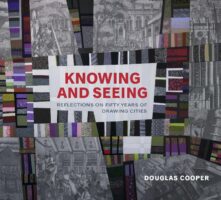
Knowing and Seeing
Reflections on Fifty Years of Drawing Cities
Total 1558 results found.


